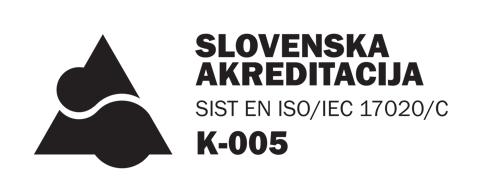What measuring devices are subject to inspection / verification?
The Metrology Act (Official Gazette of the RS, No 26/05 – official consolidated text) specifies that all legal measuring instruments need to fulfil the metrologic demands set by regulations. Legal measuring instruments are instruments used for measuring in the fields of protection of human and animal health, environmental protection and general technical safety, as well as in trade in goods and services and in the processes before administrative or judicial authorities. Those are:
- non-automatic and automatic scales,
- weights,
- blood pressure meters,
- tyre pressure gauges,
- flow meters at petrol stations,
- industrial flow meters,
- roller brake testing equipment at the MOT inspection.






